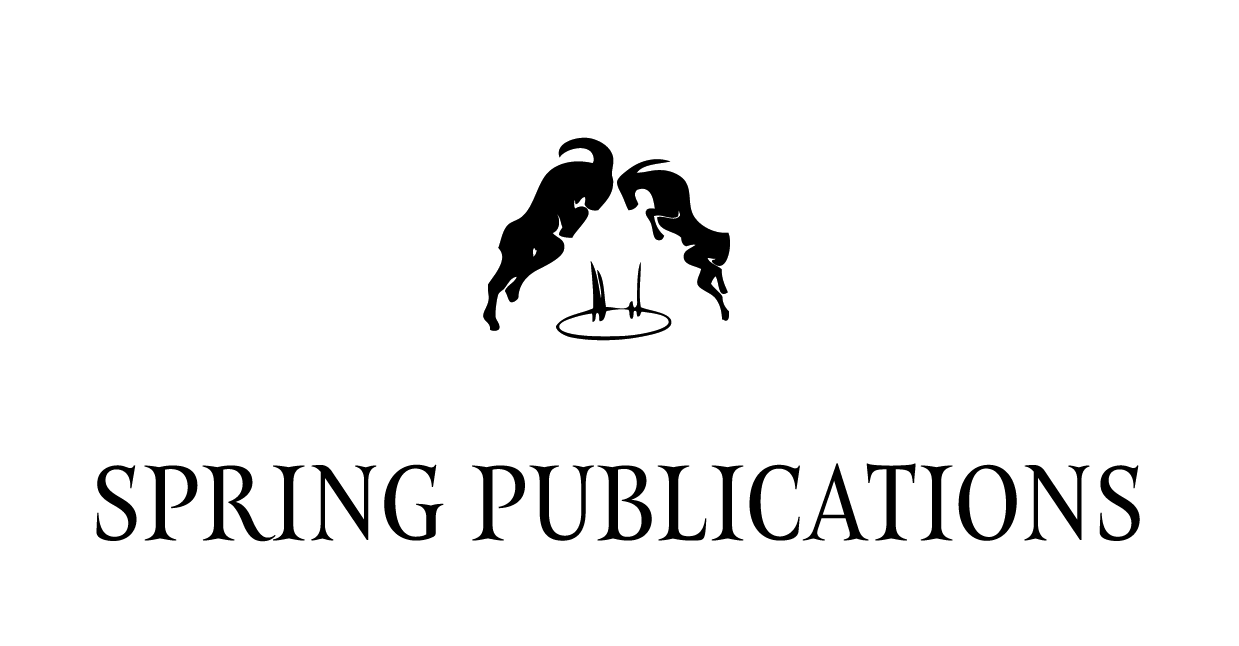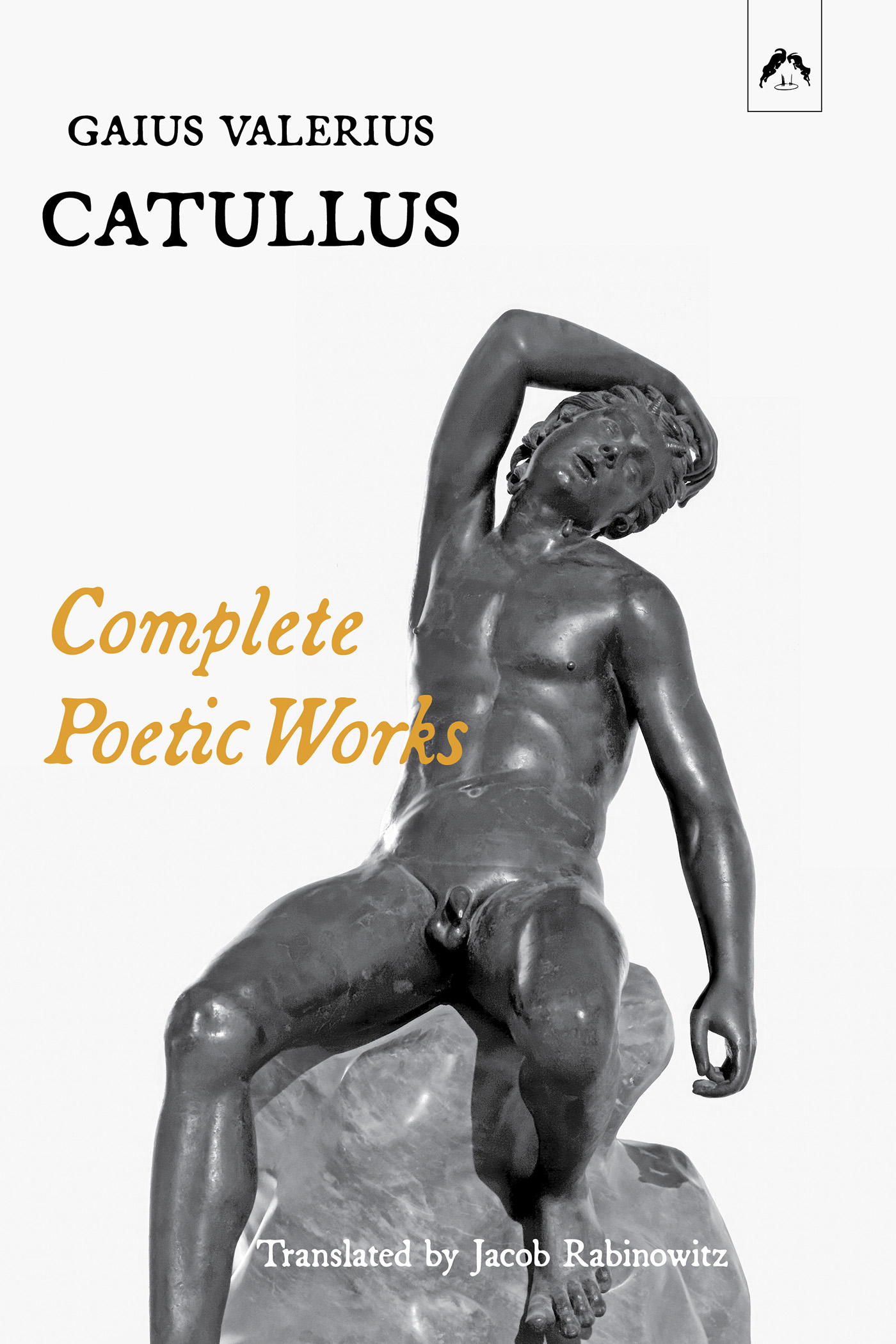GAIUS VALERIUS CATULLUS (84 BCE–54 BCE)
Catullus and his generation of Roman poets played an essential role in the development of Augustan poetry. They helped to create the possibility that one might be a poet by profession. They brought to Rome the learned and self-conscious style of Hellenistic poetry, and they helped to create and explore those interests in erotic pathology that issued in the Roman love elegy. Later, during the empire, Catullus became the model for Martial’s epigrams, poems that were witty, often vulgar and satiric observations of life in Rome. John Milton praised Catullus’s “satyrical sharpnesse, or naked plainness.” For William Butler Yeats, Catullus was the natural poet, and for Ezra Pound and Robert Frost, he was a poet of hardness and clarity. For most of the 20th century, Catullus was viewed as a lyricist who poured forth his heart in verse addressed to himself or no one and who led the “Catullan revolution” by inventing the deeply felt poetry of personal lyric (adapted from the Poetry Foundation).
COMPLETE POETIC WORKS
Translated by JACOB RABINOWITZ Second, revised edition, 164 pages, $20ISBN: 978-0-88214-150-1 E-book, $9.99
ISBN: 978-0-88214-152-7
❝
Beautifully translated … trivial, frivolous, obscene. Read the fossils of lust.
—WILLIAM S. BURROUGHS What a favor! It’s lighthearted, the most readable I know.
—ALLEN GINSBERG
—WILLIAM S. BURROUGHS What a favor! It’s lighthearted, the most readable I know.
—ALLEN GINSBERG

